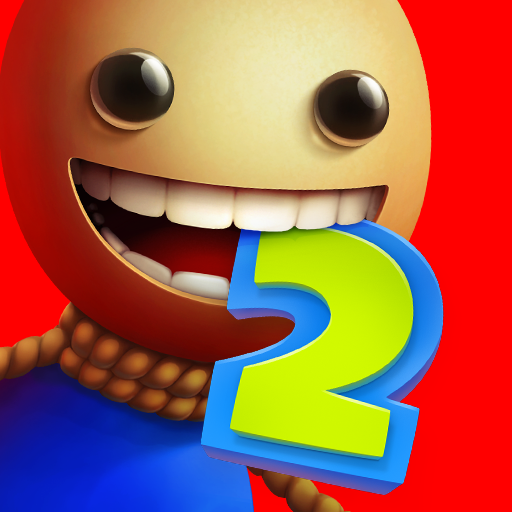Steamforged Games' board game adaptations of popular video game franchises include Monster Hunter, Devil May Cry, Sea of Thieves, Gears of War, and the upcoming Elden Ring. This article focuses on their Resident Evil trilogy: Resident Evil, Resident Evil 2, and Resident Evil 3.
Released in 2019, 2021, and 2023 respectively, these games share similar mechanics. Up to four players navigate environments like dark corridors, burning streets, and sinister labs, reenacting the storylines. Highly detailed miniatures represent both the terrifying creatures and the heroic survivors.
Featured Games and Expansions:

Resident Evil: The Board Game
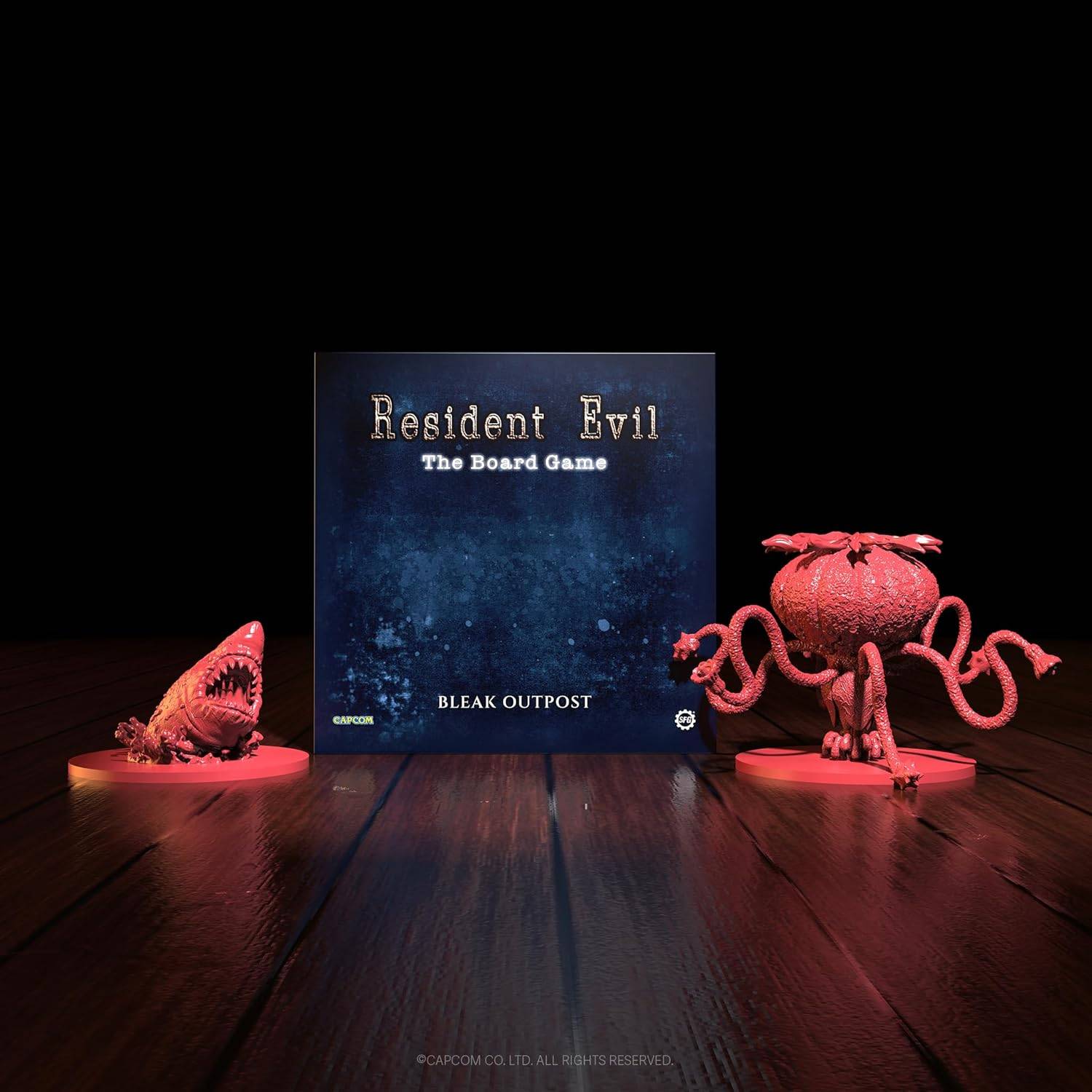
Resident Evil: The Bleak Outpost

Resident Evil 2: The Board Game
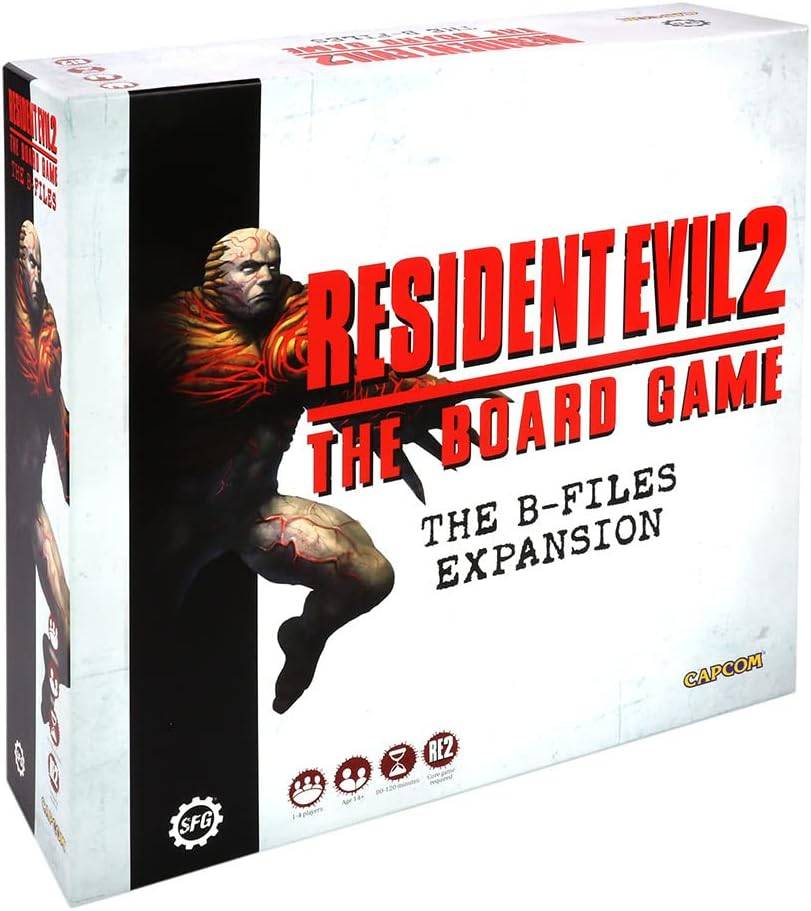
Resident Evil 2 The Board Game: B-Files Expansion
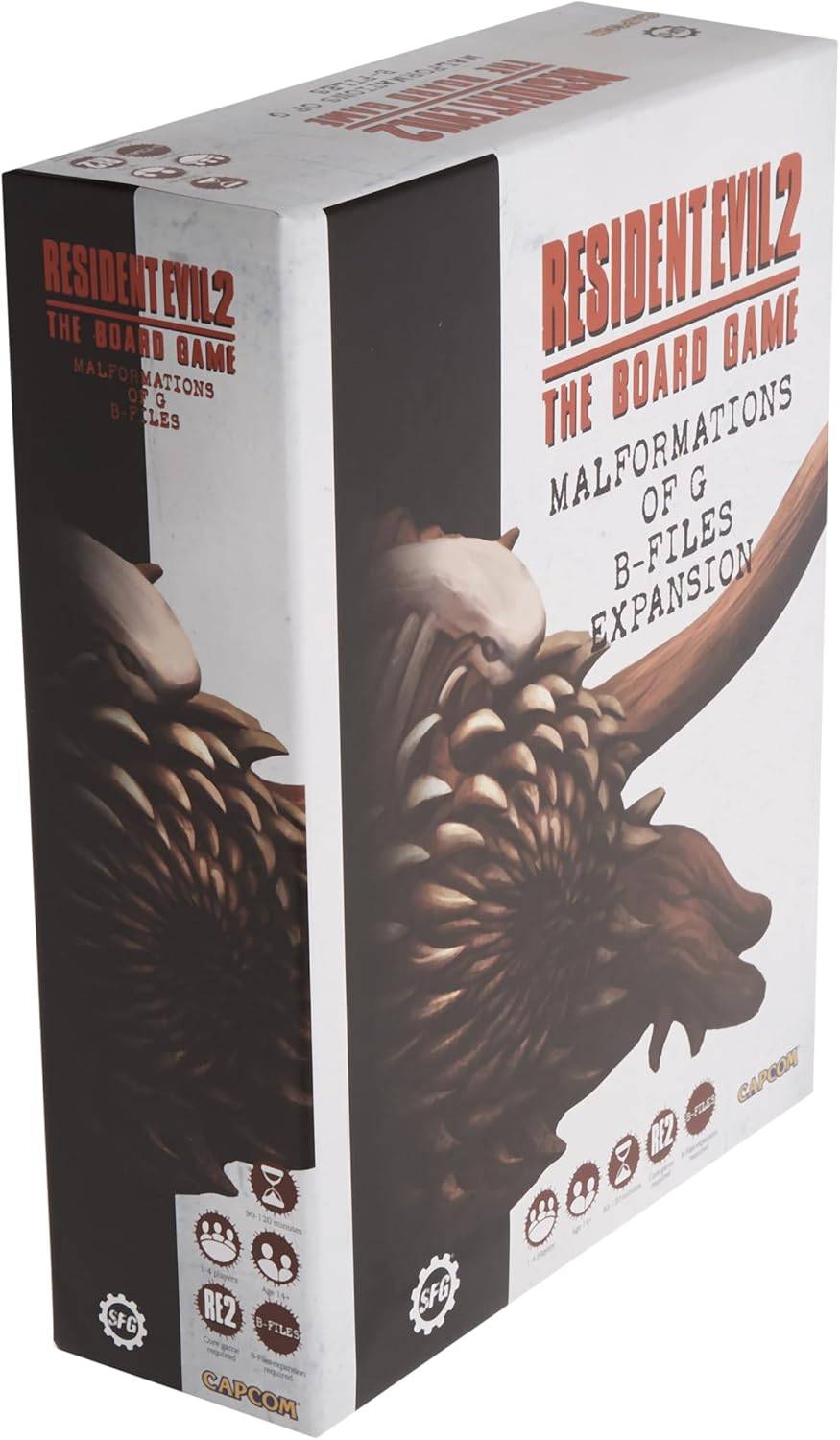
Resident Evil 2: The Board Game - Malformations of G B-Files Expansion
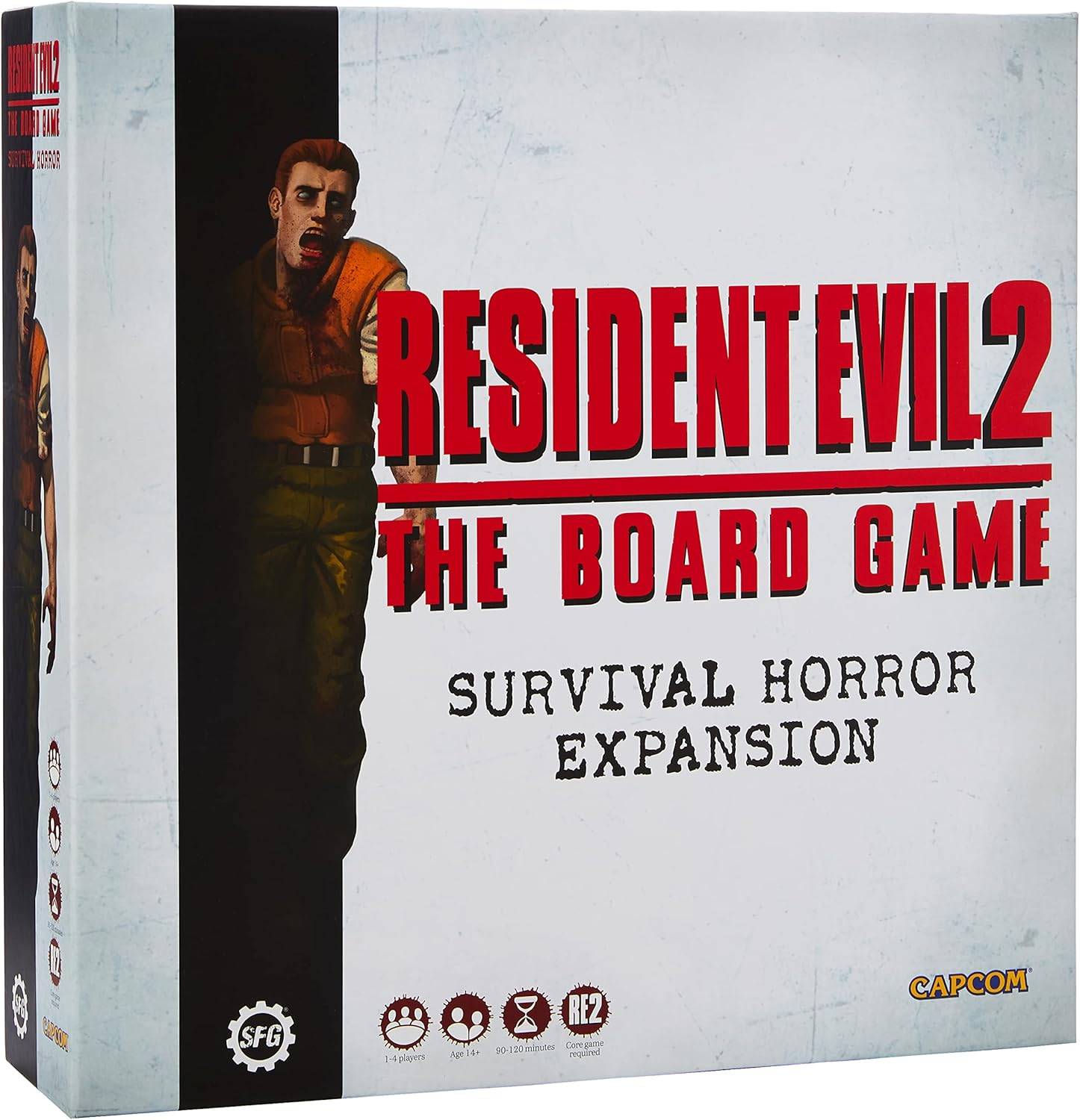
Resident Evil 2 The Board Game: Survival Horror Expansion
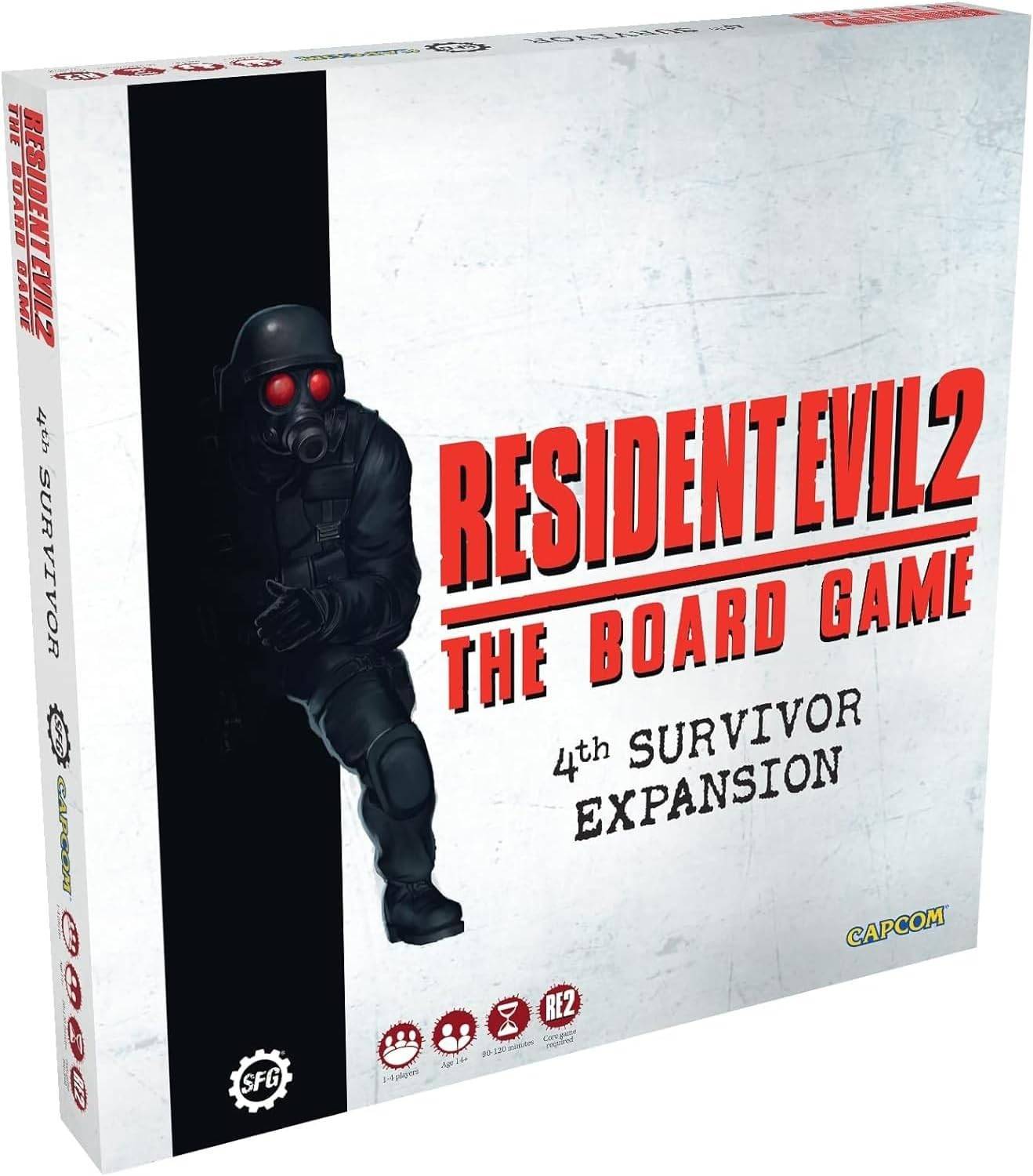
Resident Evil 2 The Board Game: - 4th Survivor Expansion

Resident Evil 3: The Board Game
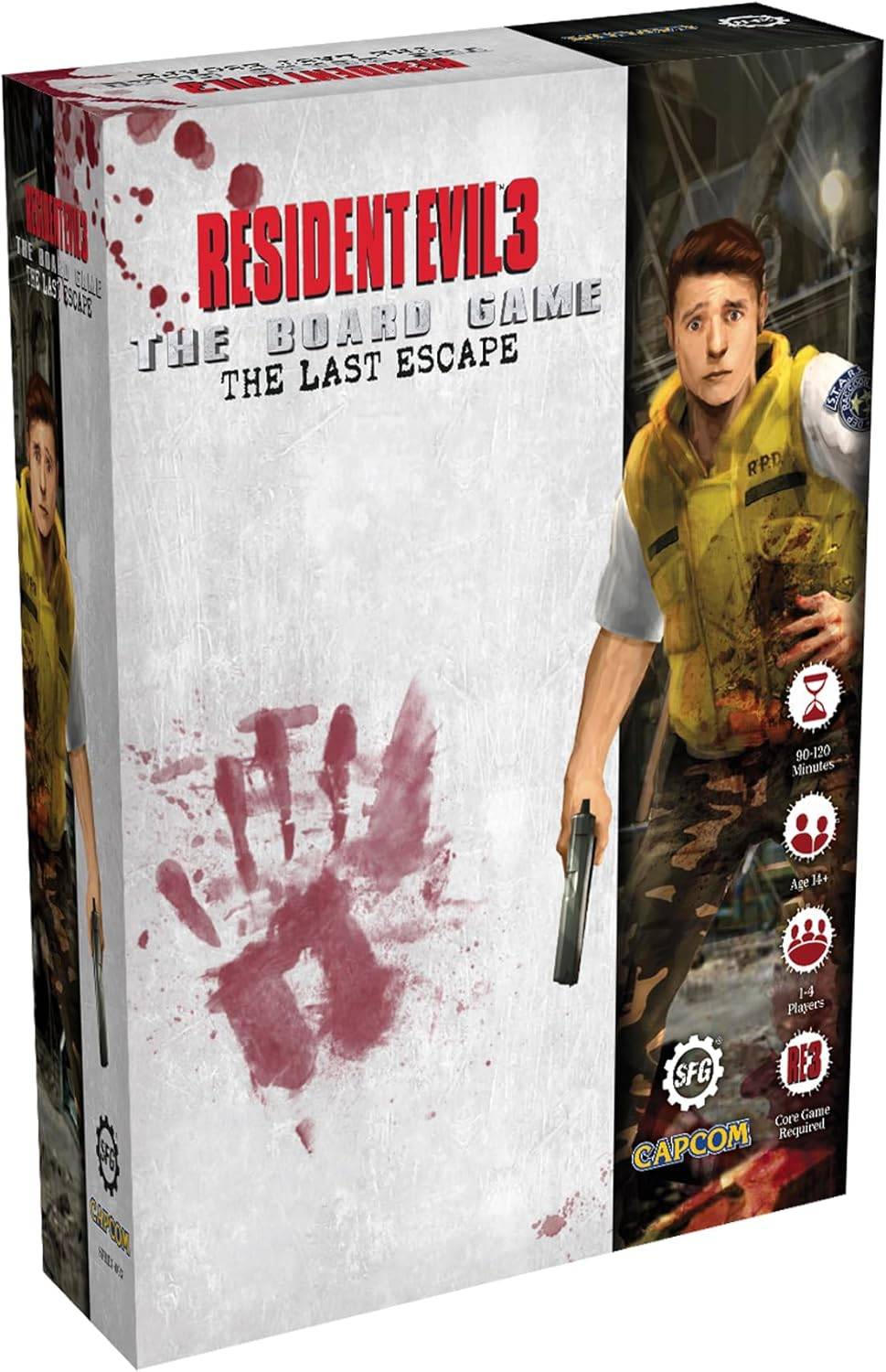
Resident Evil 3: The Last Escape Expansion
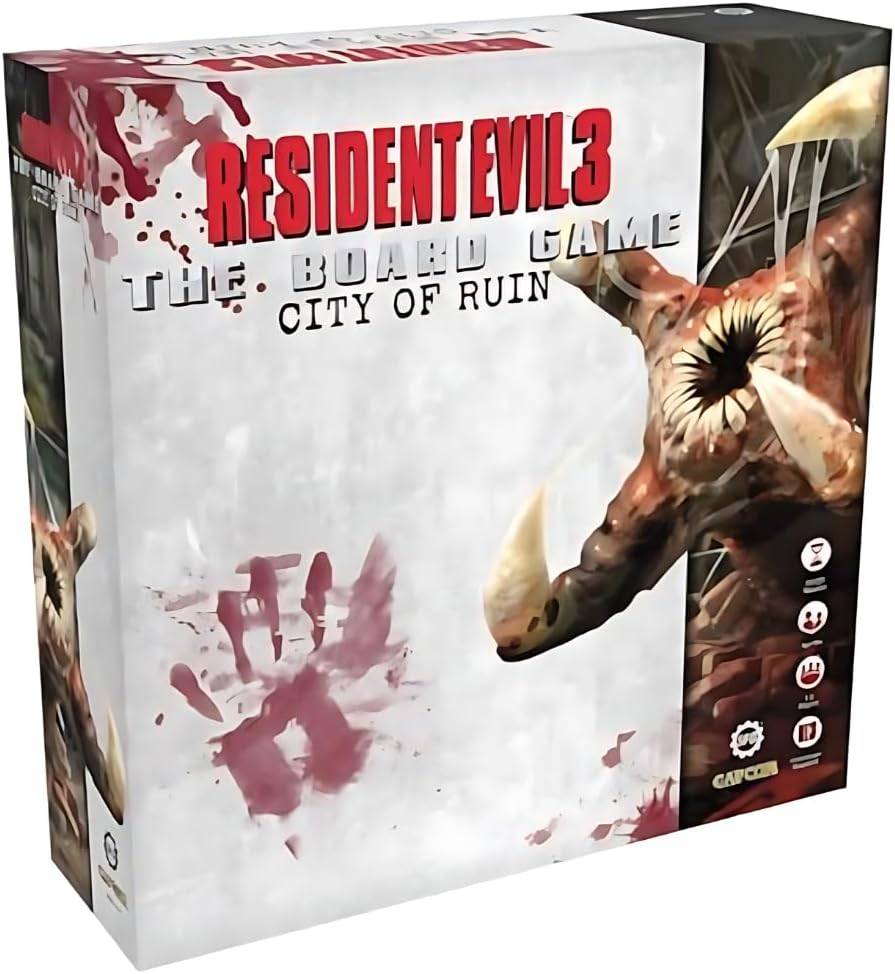
Resident Evil 3 The Board Game: City of Ruin Expansion
Gameplay involves three phases: Action, Reaction, and Tension. Players have four actions per turn (move, open/close doors, search, trade, use items, attack). Enemies react, moving or attacking, requiring dice rolls to avoid damage. The Tension phase involves drawing cards with varying consequences.
Combat uses dice rolls against weapon stats. Successful attacks may kill enemies, push them back, or miss entirely. Shooting can attract nearby enemies. This system emphasizes strategic decision-making.
Each game features multiple scenarios playable as standalone games or a connected campaign. Levels are built using tiles, and player progress, inventory, and health carry over between scenarios. Mixing and matching characters and tiles across games is possible.
Resident Evil: The Board Game (Review):

Resident Evil: The Board Game
This refined entry improves upon its predecessors. Players explore the Spencer Mansion, using support characters on special missions. The flexible narrative allows for varied room exploration orders. The use of cards for location building streamlines setup. The persistent zombie corpses and kerosene mechanic add a new layer of challenge. This is a great entry point for newcomers.
Resident Evil 2: The Board Game (Review):

Resident Evil 2: The Board Game
This game introduced the series' tabletop adaptation. Players take on the roles of Leon, Claire, Ada, or Robert, facing Lickers, Zombie Dogs, and Birkin across eight scenarios. While fun, it lacks the refinements of later entries, including darker tiles and some missing components. Despite these minor flaws, it remains an enjoyable experience.
Resident Evil 3: The Board Game (Review):

Resident Evil 3: The Board Game
Resident Evil 3 builds upon RE2's mechanics, offering a more open-ended campaign. The Danger Tracker mechanic increases difficulty as the city deteriorates. The Narrative deck adds replayability. While the map components are less refined than other elements, the overall gameplay is strong. This is a good alternative starting point if you prefer a non-linear campaign.
This overview provides a comprehensive look at Steamforged Games' Resident Evil board game series, highlighting their individual strengths and weaknesses. Each game offers a unique and engaging experience for fans of the franchise and board game enthusiasts alike.







